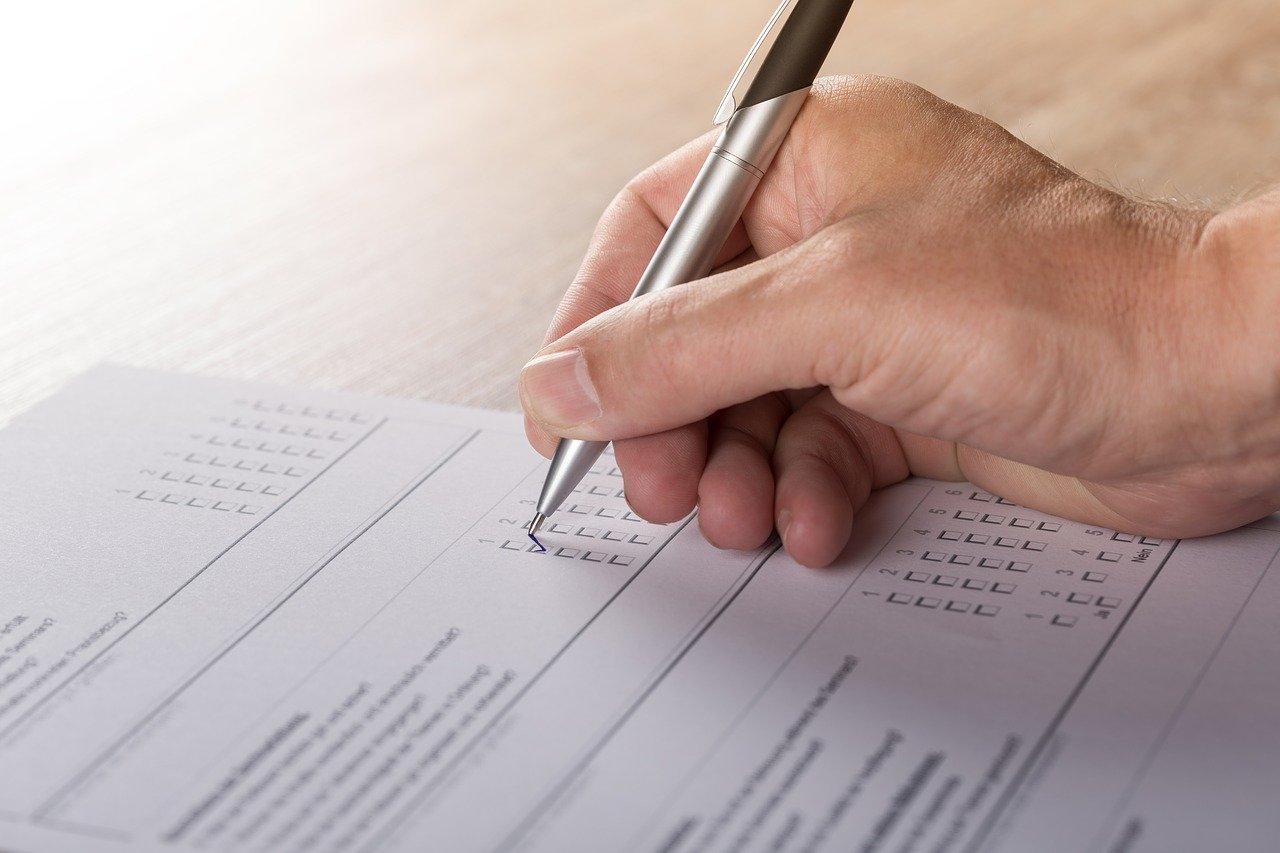
The following, regarding reporting to parents in primary school, is taken from the government guidance for writing reports:
“Headteachers have a statutory duty to prepare annual reports for parents before the end of the summer term. The report must start from the day after the last report was given or the date of the pupil’s admission to the school (whichever is more recent).
Reports at the end of key stages 1 and 2 must cover:
- brief particulars of achievements in all subjects and activities forming part of the school curriculum
- comments on general progress
- details of how parents can arrange a discussion about the report with their child’s teacher”
(For the 19/20 academic year some changes were made to take into account the lockdown periods and school partial closures. Guidance has not yet been confirmed for the 20/21 academic year).
Reporting to parents in primary school would usually include any statutory test results alongside wider details on achievements. This is laid out by the Department for Education. Details should also include anything which takes into account something forming the curriculum. Also, wider experiences such as educational day visits, where relevant.
How often should you be reporting to parents in primary school
Each report period should cover the time between the last report and the current, or from the pupil’s start date at the school until the current day – whichever is most recent. Some schools choose to only report formally at the end of the year, others choose to report termly.
You could, of course, report as often as you wish. You may be updating assessment into a system. This may allow you to make certain information visible to parents instantly. It would make sense to give parents access to as much as possible. They can also have an input and be involved in their child’s learning journey, which could be formal or informal. But there is also the need to formally report at regular intervals in a more specific manner. This helps parents to reflect on the period of time (term or year) which is being reported.
Where is the report kept and what data should be included?
The end of term/year school report is also kept on record at the school. If a child changes school this may be passed on to the next school where appropriate, or added to a pupil’s ongoing records. The end of term/year report is a chance to look at a “bigger picture” view of the child’s progress and attainment. Where this is within a key stage the school can choose whether to share any kind of “data” with the parent. This is a judgement call from school about how useful that is to the parent.
Since the loss of levels in 2014 there is no national consistency so sharing the data for an individual may require so much explaining to a parent. The cohort data is far more useful to the school. So, a school may choose to share some objectives which have been met, some which are in progress and some of which are targets. End of key stage SATs results will be included in reports to parents in primary school.
Working towards targets
Where targets are shared it’s ideal to also share top tips or resources when reporting to parents. These can help the parent to better support their child’s learning at home. This may also include encouraging a particular day out to prepare for an upcoming topic, or it may be a website or app which can be used at home. In Learning Ladders, we include online curriculum-linked articles written by teachers. These articles can be translated into 100 languages to make them accessible. This all helps to ensure parents feel they can act on the advice in the report. A report should be considered to be part of a formative learning journey, where assessment feeds into teaching and learning, both in the classroom and at home.
Giving parents more information
Some schools choose to have an evening session where parents can learn more about what will be included in reports, and how they can get in touch with the school if they have concerns or questions. These might also include giving out printed packs of resources for home, or covering some generic guidance applicable to the relevant year group. You may also share such links via your home-school communications platform.
No surprises
For general comments parents do not want to find a surprise in there. There shouldn’t be something they didn’t know at all about their child. Anything which may come as a shock should have been discussed prior to the report. We all know the jokes about teacher comments such as “can be a bit lively”. Parents know what we mean by this but, in general, a parent should never feel they are being told something totally new. Reporting to parents in primary school is a chance to summarise the reporting period to make some overarching statements about the general progress. This should be both academic and pastoral. Some recommendations can be included, but as this is part of a permanent record this should not include judgements. These would be more relevant as a separate, private discussion between teacher and parent at a different time (for example, advice to make a referral to an outside agency).
Using technology
If you use a home-school communications platform and/or assessment system, which regularly sends information to parents about their child’s progress, you may wish to have messaging via this for two-way communication throughout the year. This way, the report can reference any of those conversations via more oblique references. This will help to include those important steps and progress points but without raising them explicitly in the report.
At Learning Ladders, we’re passionate about including parents and making them part of their child’s learning journey throughout every year. And we also support schools to create engaging, useful end of term or end of year reports to help with reporting to parents in primary school.
